SEO On Page: Ultimate Guide for Outstanding Rankings in 2025
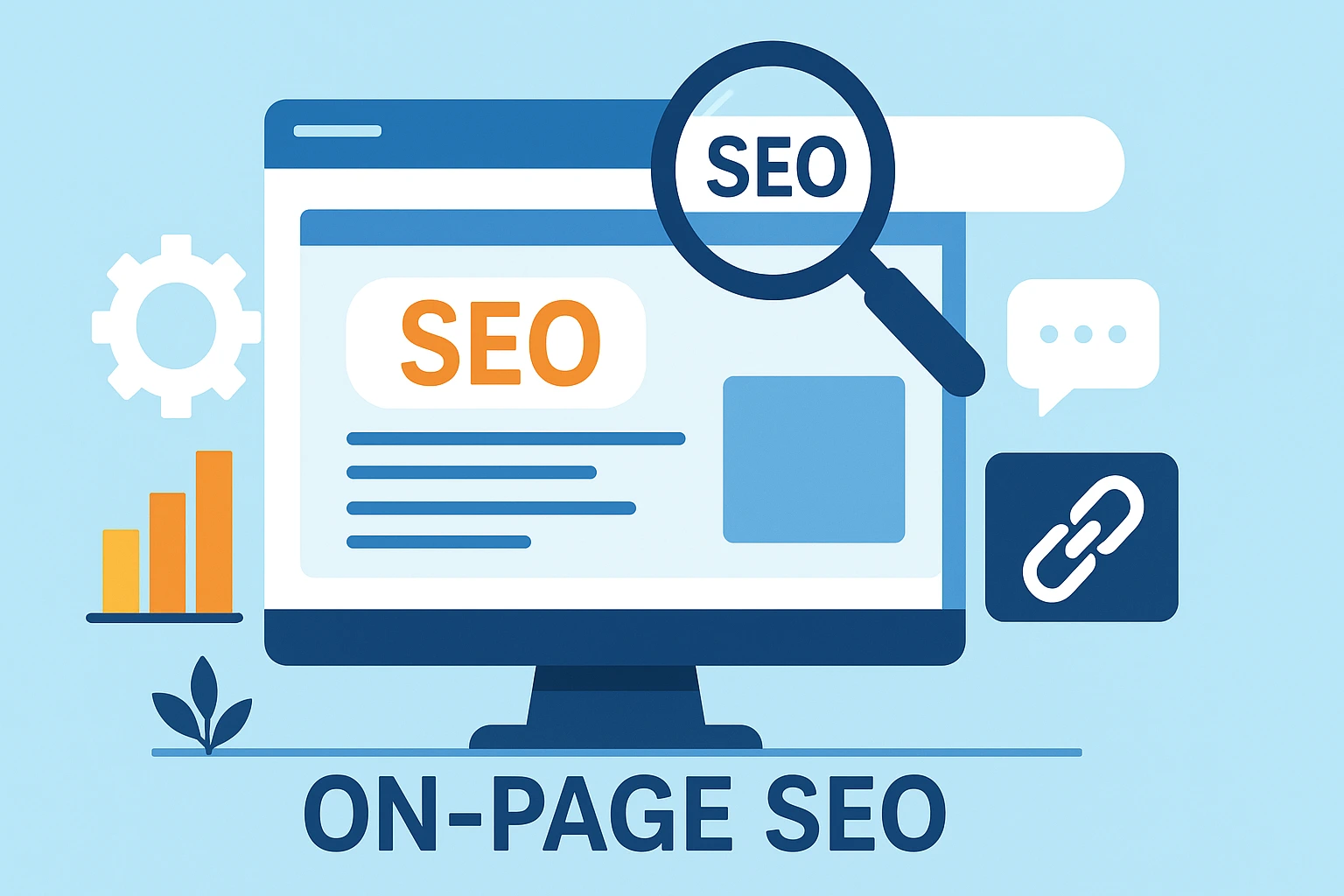
The term SEO on page refers to all the optimization practices you can apply directly to your web pages to improve visibility in search engine results pages (SERPs). From title tags and meta descriptions to structured data and internal links, on-page optimization is one of the strongest ranking factors that help search engines understand your content better.
This detailed guide will walk you through what is on page SEO, how to do it effectively, the difference between on page and off page SEO, and why professional on page SEO services are vital for businesses.
What is On Page SEO?
On page SEO is the process of optimizing pages on your website so they are user-friendly and easily indexed by Google. It involves optimizing title tag, anchor text, content, structured data, and improving click through rates (CTR). Simply put, it helps match a search query with relevant, high-quality content.
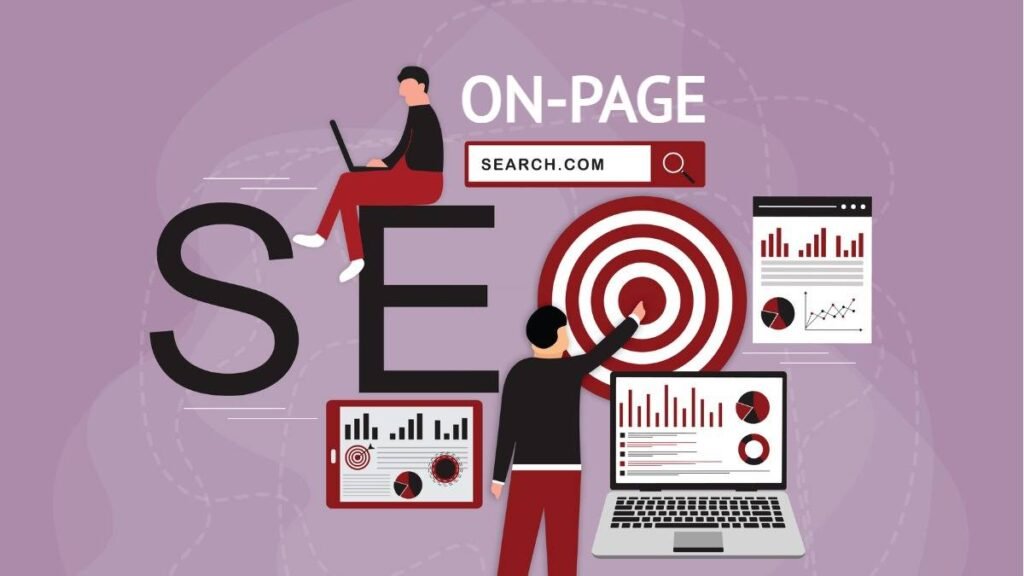
Why is SEO On Page Important?
When done right, SEO on page improves:
Higher search engine results pages (SERPs) rankings
Better user experience through user-friendly layouts.
Improved click through rates with strong title tags and meta descriptions.
Faster indexing of relevant keyword-based content.
Authority through better internal links.
Search engines reward indexed pages with well-optimized page factors. This is why businesses invest in professional on page SEO optimization services.
Difference Between On Page and Off Page SEO
Understanding the difference between on page and off page SEO is critical:
- On Page SEO: Focuses on your own web pages – content creation, internal links, title tags, and site speed.
- Off Page SEO: Focuses on external signals like social media, backlinks, and domain authority.
Both are necessary, but on page SEO builds the foundation so search engines can crawl, understand, and rank your site effectively.

Key On Page SEO Elements
Some on page elements carry more weight than others. Let’s look at the main ones:
Title Tag and Meta Description
The title tag is often the first thing users see in engine results pages SERPs. Combined with compelling meta descriptions, they drive higher click through rates
Keyword Research
Choosing a relevant keyword for each page ensures search engines understand your content. Avoid keyword stuffing, and focus on natural placement.
Internal Links
Internal links help distribute authority across pages on your website, making it easier for bots to crawl and for users to navigate.
Anchor Text
Using descriptive anchor text improves user understanding and signals to search engines what the linked page is about.
Structured Data
Adding structured data helps search engines display rich results in search engine results pages.
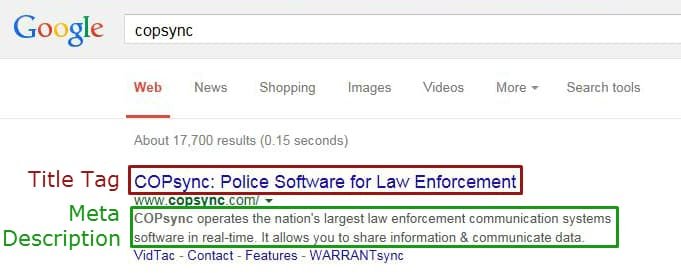
How to Do On Page SEO
If you are wondering how to do on page SEO, here’s a simple checklist:
- Perform in-depth keyword research for each page.
- Optimize title tag with a relevant keyword.
- Write compelling meta descriptions for better CTR.
- Add internal links using contextual anchor text.
- Ensure content is user-friendly and mobile responsive.
- Optimize images with alt tags.
- Use structured data to enhance listings.
On Page SEO Services
Professional on page SEO services help businesses handle technical setups and improve page factors like site speed, schema, and mobile usability. Agencies offering on page SEO optimization services provide:
- In-depth keyword research.
- Creating content aligned with user intent.
- Optimized indexed pages.
- Advanced reporting on search query performance.
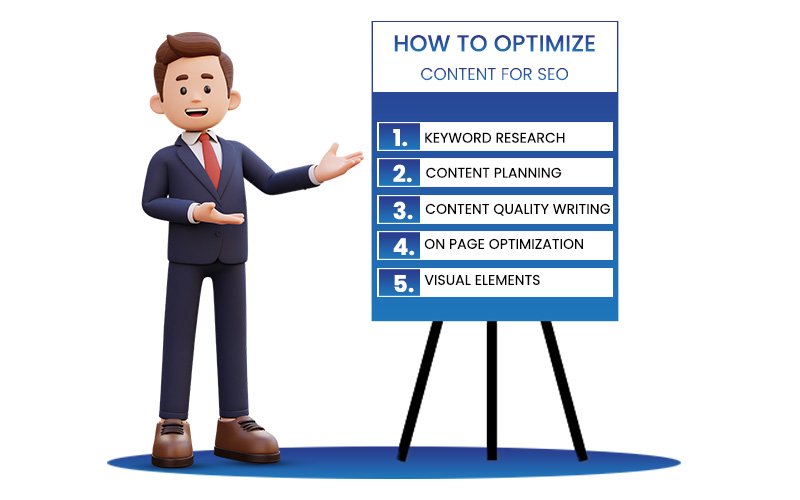
Which On Page Element Carries the Most Weight for SEO?
Among all elements, the title tag carries the most weight for SEO. It directly affects search engine results pages ranking and click through rates. However, factors like internal links, anchor text, and structured data also play a major role.
On Page SEO Interview Questions
For job seekers, understanding on page SEO interview questions is crucial. Common questions include:
- What is on page SEO?
- Explain the difference between on page and off page SEO.
- Which on page element carries the most weight for SEO?
- How do internal links impact rankings?
- What role does structured data play?
Advanced On Page SEO Strategies
If you want to go beyond basics:
- Focus on creating content that matches search query intent.
- Improve click through rates with emotional headlines.
- Add multimedia for user-friendly experiences.
- Refresh old indexed pages with updated data.
- Use social media signals to boost engagement indirectly.
Common Mistakes in SEO On Page
- Keyword stuffing instead of natural keyword research usage.
- Missing or duplicate title tags and meta descriptions.
- Weak internal links structure.
- Ignoring mobile-friendly designs.
- Forgetting structured data implementation.
Final Thoughts
SEO on page is the backbone of your website’s success. Without strong on-page practices, search engines cannot properly index pages or display them for the right search query. Whether you do it yourself or hire on page SEO services, investing in optimization will always pay off with better click through rates, higher engine results pages SERPs, and long-term growth.
Image: Website analytics dashboard after SEO on page optimization
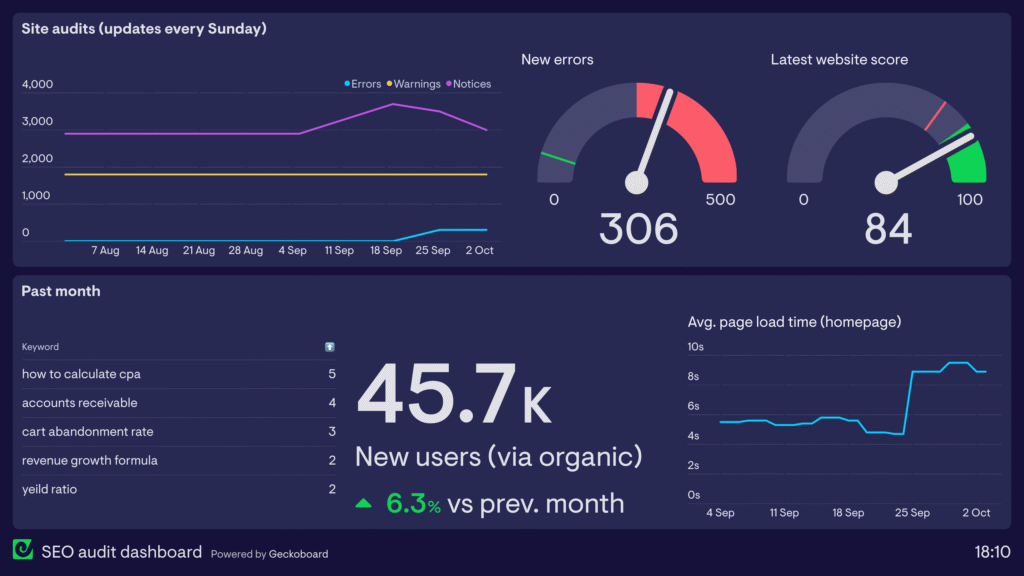
What are the main elements of SEO On Page?
The key elements include:
- High-quality content
- Proper use of keywords
- Title tags and meta descriptions
- Internal linking
- Image optimization
- URL structure
- Mobile-friendliness
- Page loading speed
How often should I optimize my website pages?
It’s best to review your pages every 3–6 months. Regular updates ensure your content stays fresh, aligns with Google’s latest algorithm changes, and matches current search intent.
How do Core Web Vitals relate to SEO On Page?
Core Web Vitals measure speed, interactivity, and visual stability. Optimizing them ensures a smoother user experience and directly contributes to better search rankings.
Can SEO On Page alone get me to rank #1?
Not always. While it builds a strong foundation, you also need Off-Page SEO (backlinks, authority building) and Technical SEO (crawlability, site structure) to consistently achieve and maintain top rankings.
Does mobile optimization affect SEO On Page?
Yes. Since Google uses mobile-first indexing, your mobile site is considered the primary version. A responsive, fast-loading design ensures better rankings and user satisfaction.
What tools can help with SEO On Page in 2025?
- Google Search Console – to track performance
- Ahrefs / Semrush – for keyword research and audits
- Surfer SEO – for content optimization
- Screaming Frog – for technical analysis
- Yoast SEO / Rank Math – for WordPress optimization

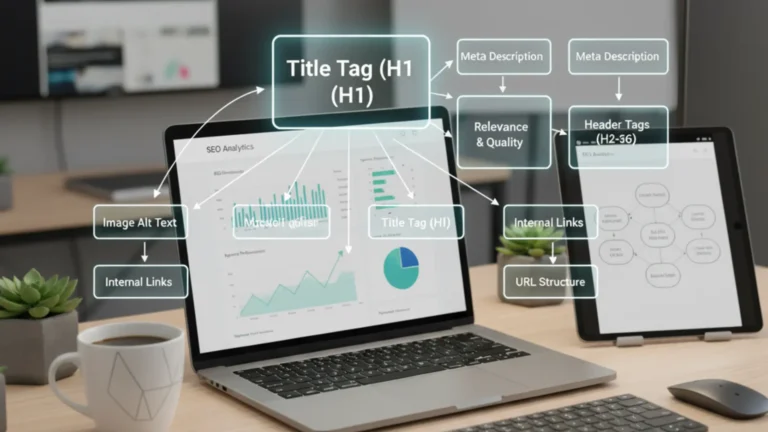
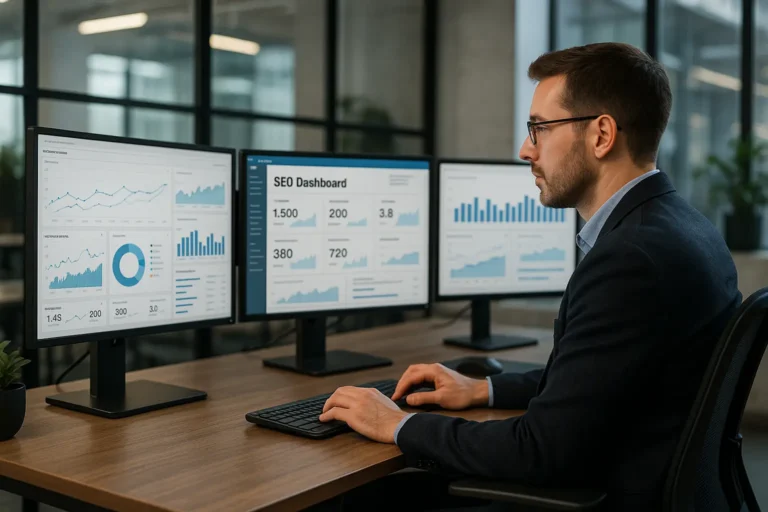

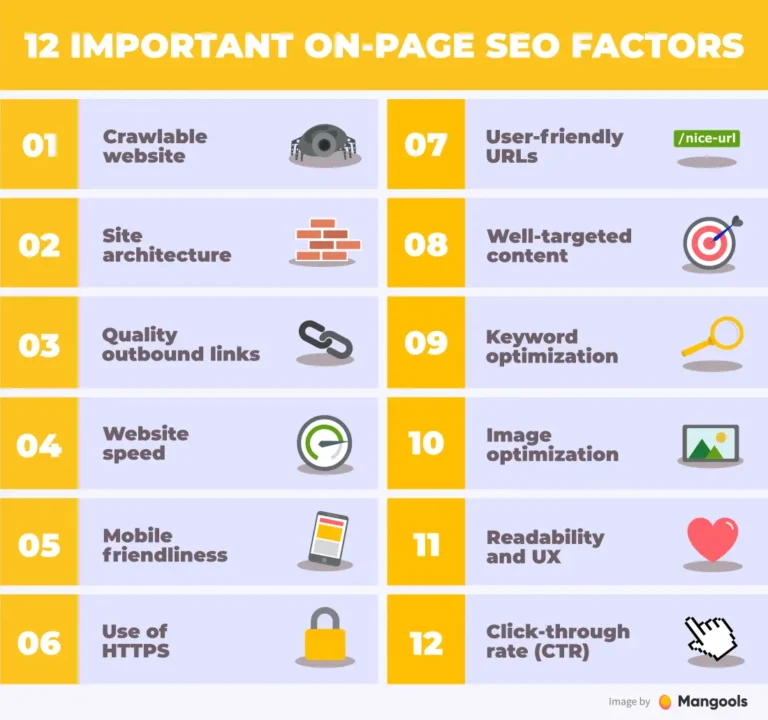
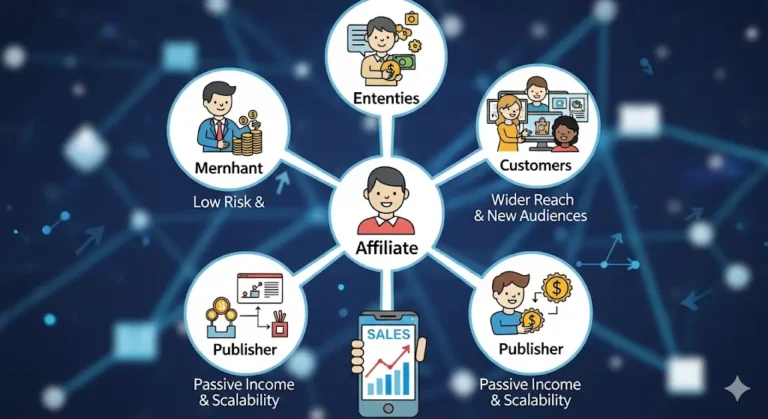
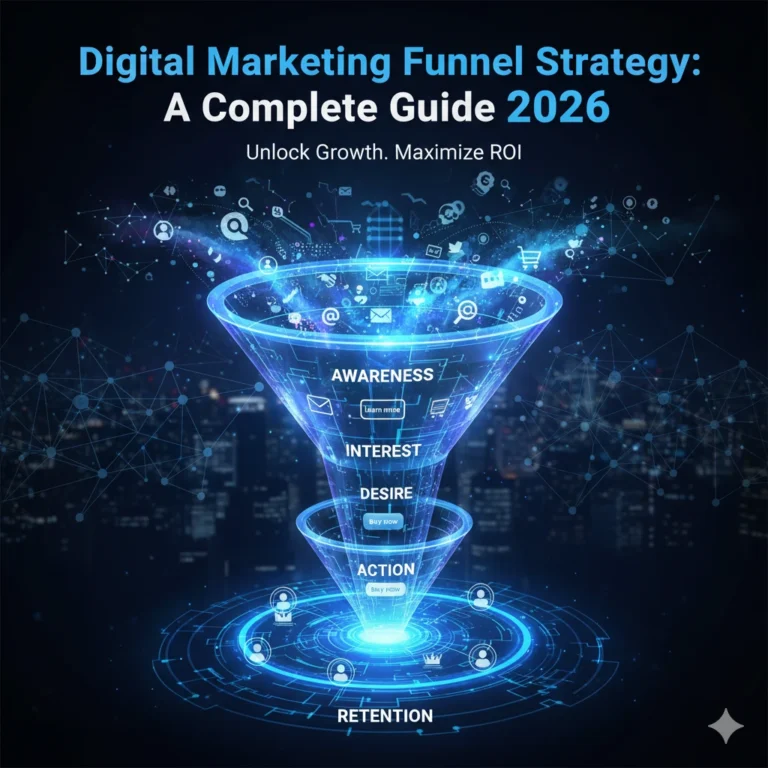
3 thoughts on “SEO On Page: Ultimate Guide for Outstanding Rankings in 2025”